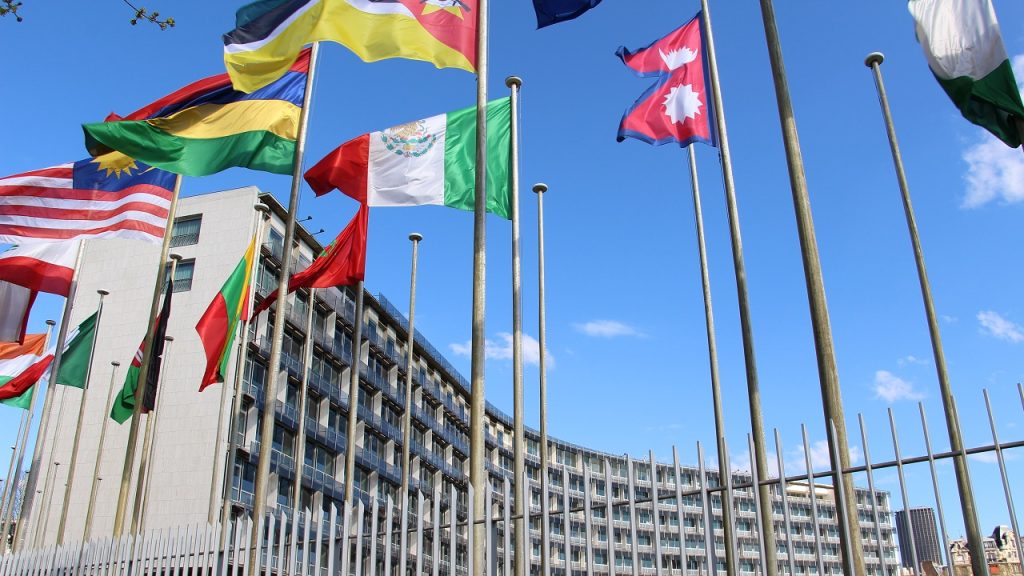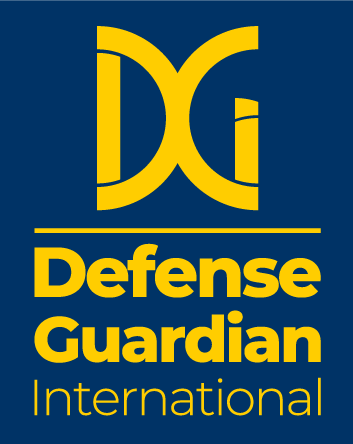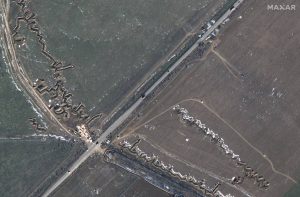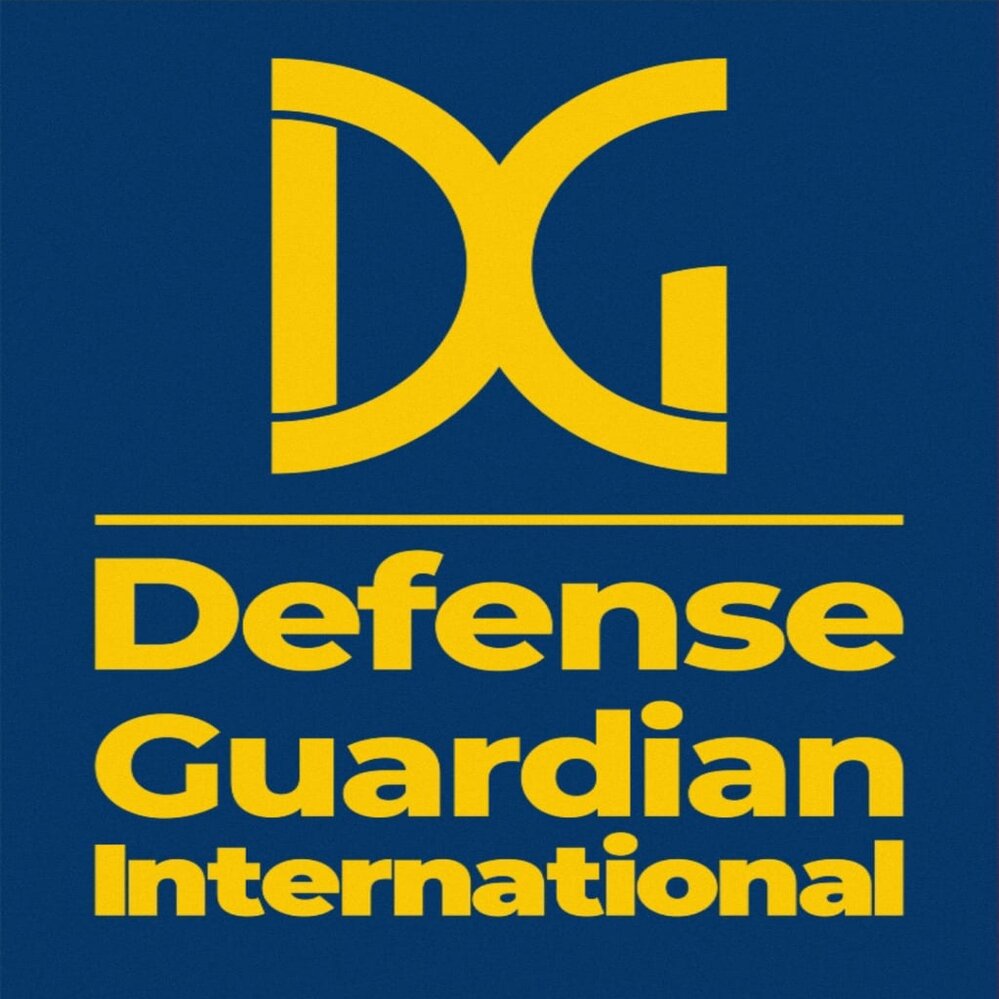Regrettably, corruption and national interests have made a mockery of UNESCO’s goal, as they have so much else at the United Nations.

UNESCO.
After WWII, UNESCO was established; its mission was to promote international harmony through mutual academic, cultural, and scientific exchange. The Great Wall of China, the Acropolis of Greece, and the Taj Mahal of India are just a few of the world’s historic sites designated by UNESCO.
Regrettably, corruption and national interests have made a mockery of UNESCO’s goal, as they have so much else at the United Nations. In today’s world, the group is employed more often as a weapon than a means to promote harmony.
In 2016, for instance, UNESCO adopted a resolution declaring the Islamic legacy of Jerusalem’s Temple Mount exclusively, excluding any mention of Jewish ties to the shared holy site. History-bending in service of a political argument may garner praise from rejectionist and anti-Semitic nations, but it contributes nothing to international understanding, tolerance, or education. On January 1, 2019, the United States and Israel withdrew from UNESCO due to corruption. However, Vice President Joe Biden has indicated he is willing to reinstate the United States’ membership.
As if that weren’t terrible enough, UNESCO has also been tainting its mission by assigning goodwill ambassadorships to unqualified people with apparent conflicts of interest. It includes Azerbaijan’s first lady, Mehriban Aliyeva, whose only claim to fame is her marriage to the country’s ruler. As Azerbaijani forces were destroying the Julfa Cemetery, home to the world’s most extensive collection of beautifully carved, centuries-old khachkars, UNESCO was busy cleaning up the country’s image. It was too much for UNESCO to handle when the Azerbaijani attack on Nagorno-Karabakh destroyed Armenian churches and property. Aliyeva quietly resigned as the government of Azerbaijan sandblasted or eradicated historic Armenian inscriptions on churches and monasteries to propagate the fiction that Armenia had no ties to the territory. She never once defended traditions that weren’t her own. Even though Aliyeva is no longer at UNESCO, the organization continues to aid in cultural corruption and promote schism.
For example, UNESCO keeps a registry of intangible cultural heritage. Something like the baguette from France, Khanjar daggers from Oman, falconry from several European and Gulf Arab countries, and the Nadaam festival in Mongolia all come to mind. Nonetheless, in its most recent list of additions, UNESCO has singled out Azerbaijani and Turkish culture about tea (çay). The people of Iraq, Iran, the Kurds, Syria, and many other countries in the area would be surprised to hear that. A simple oversight cannot account for this. It aids Turkey in its efforts to devalue and delegitimize Kurdish culture and Azerbaijan in its campaign against Armenia. Saying that hummus and falafel are inherently Lebanese and Palestinian and that Israel’s adoption of them is more than colonial appropriation is like jumping into the hummus and falafel battles. (In actuality, the cuisine was just as much a part of the culture of Mizrahi Jews’ Arab neighbors as it was of the Jews’ own.)
We must protect the world’s cultural heritage. But the fact that UNESCO has become politicized and will let cultural abusers and tyrants use its reputation to legitimize cultural genocide and partition raises serious questions about the organization’s continued relevance. New management is required.






